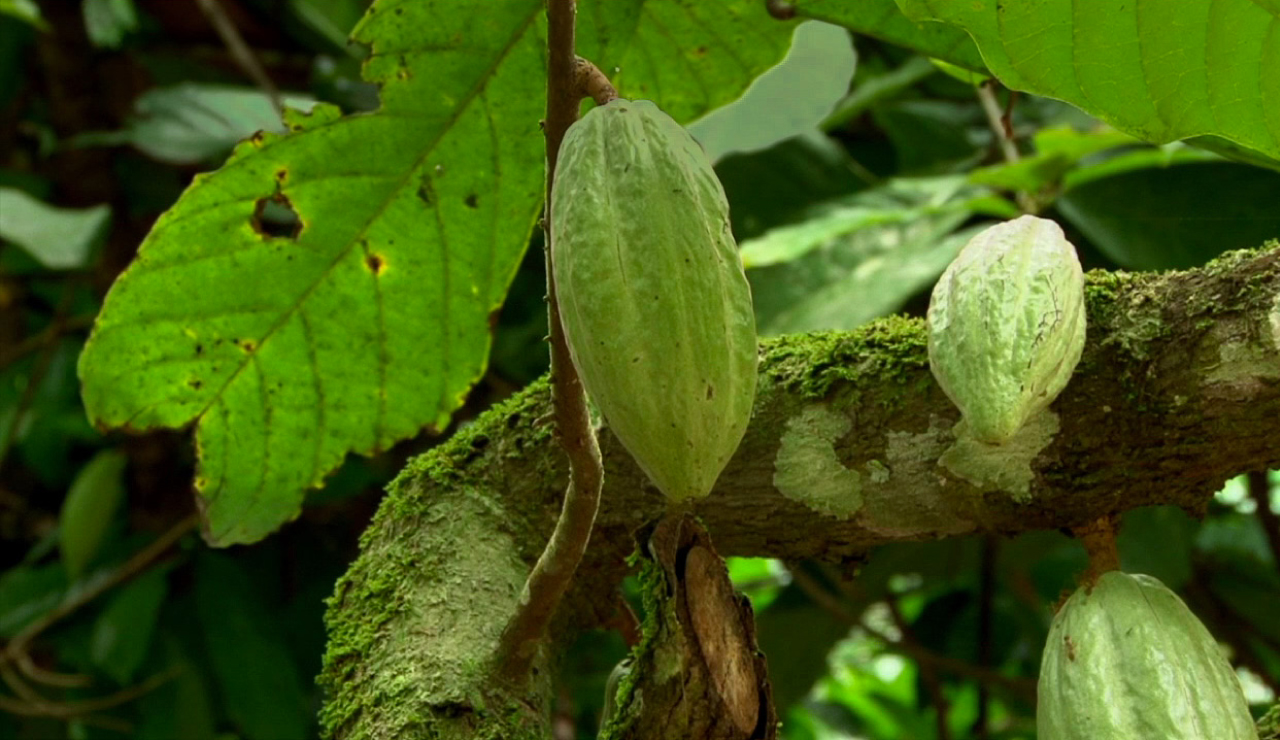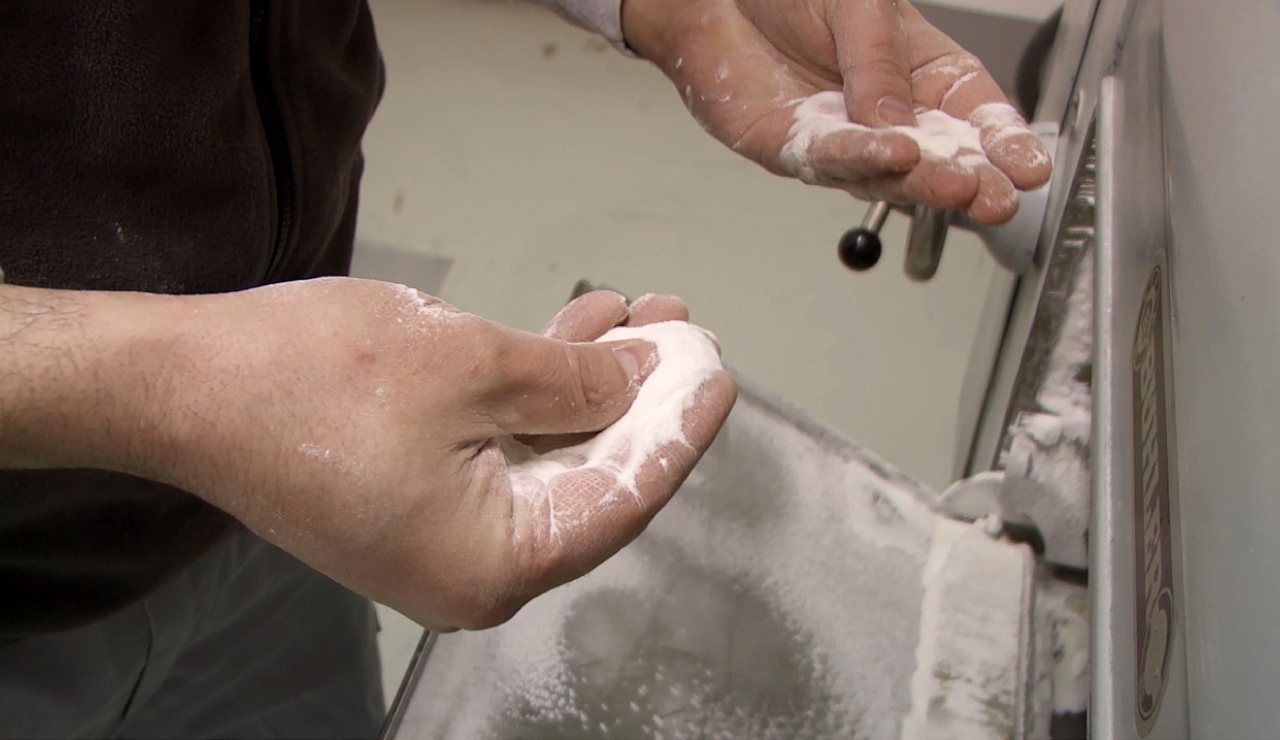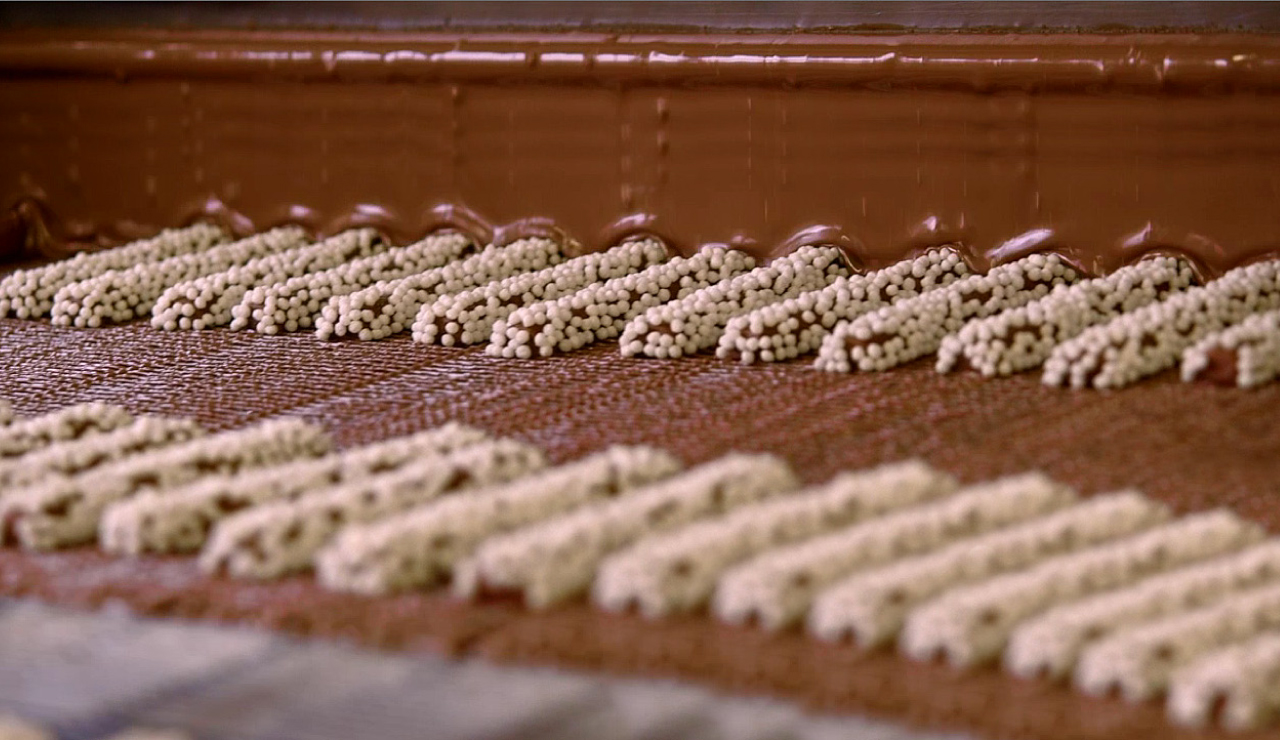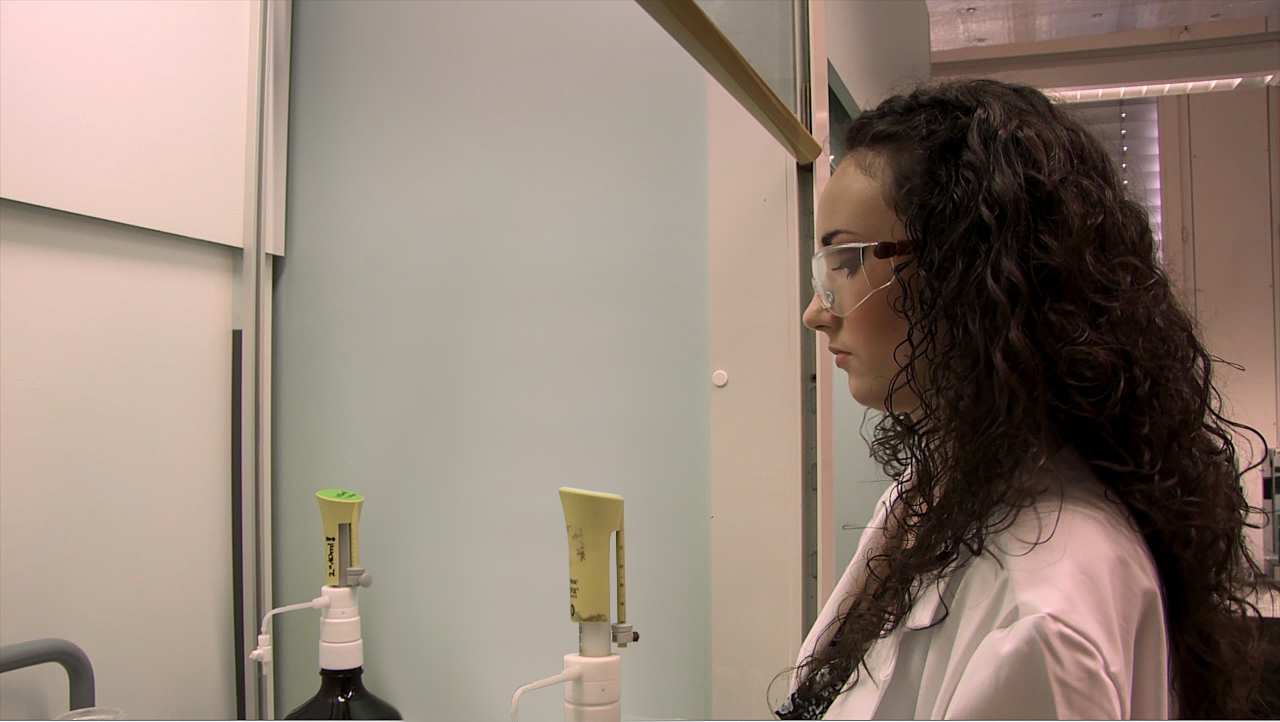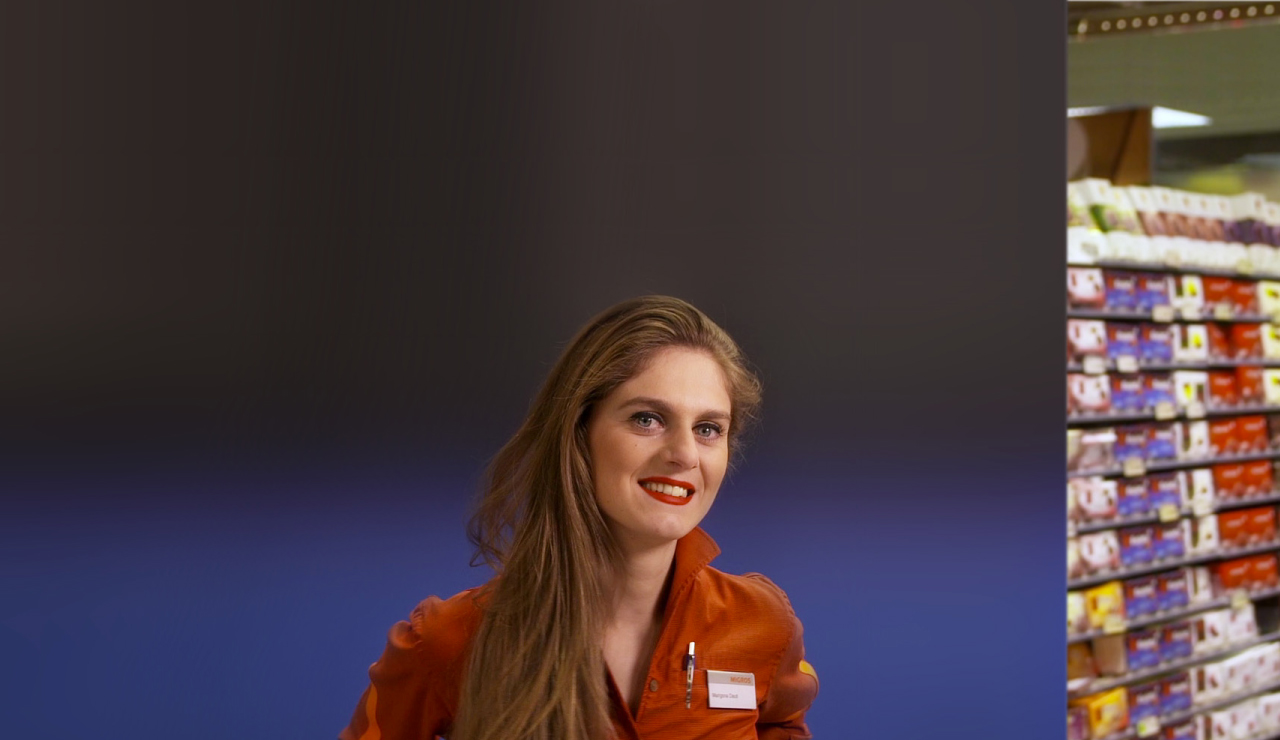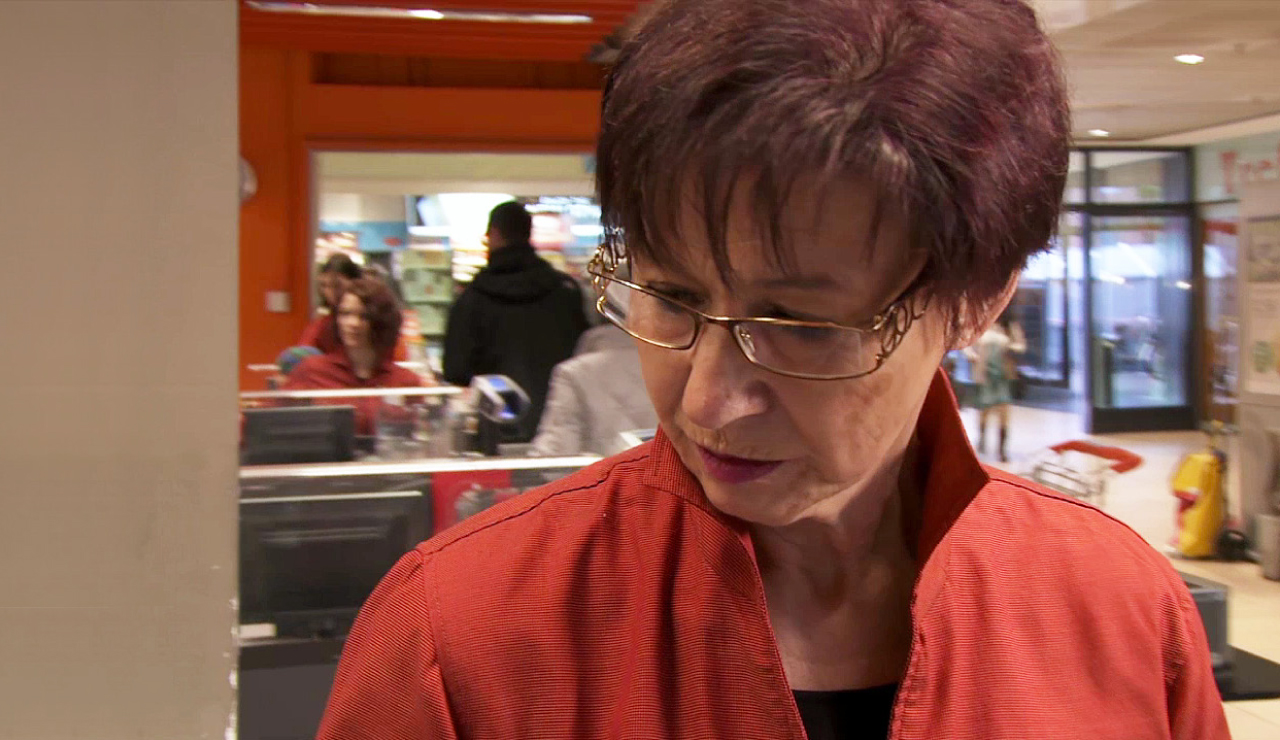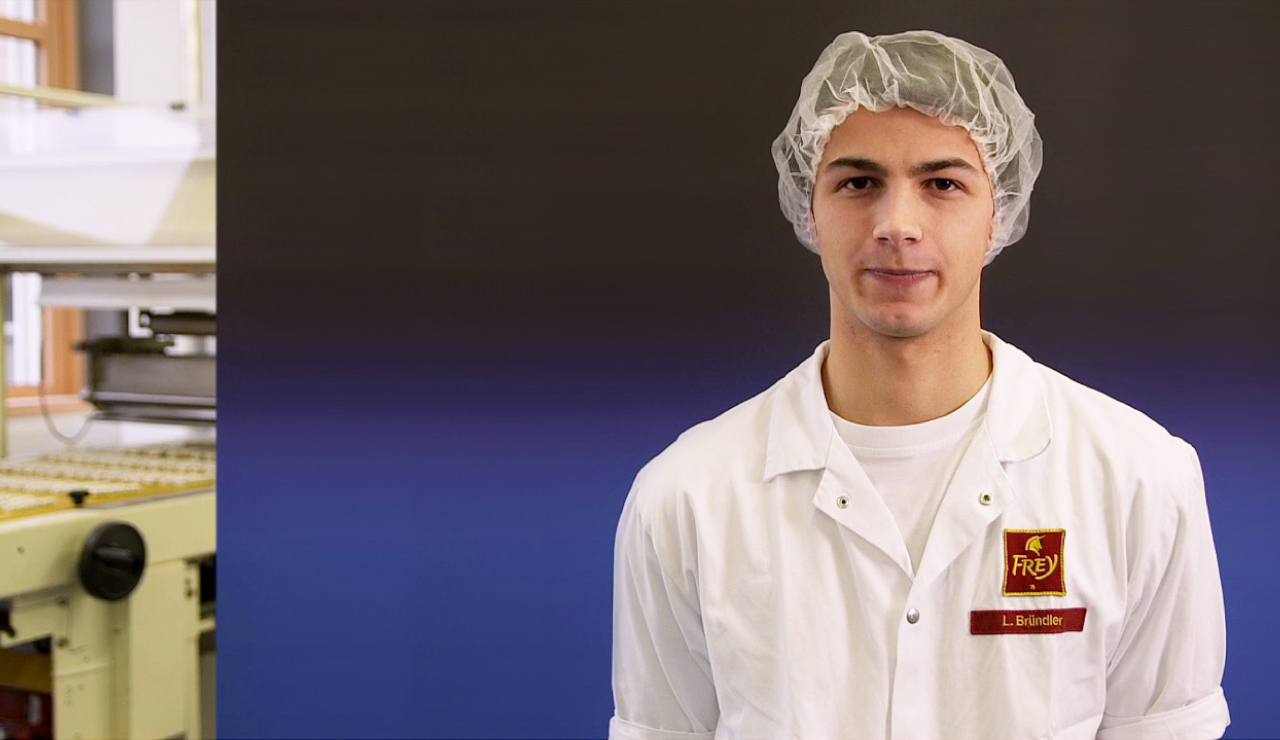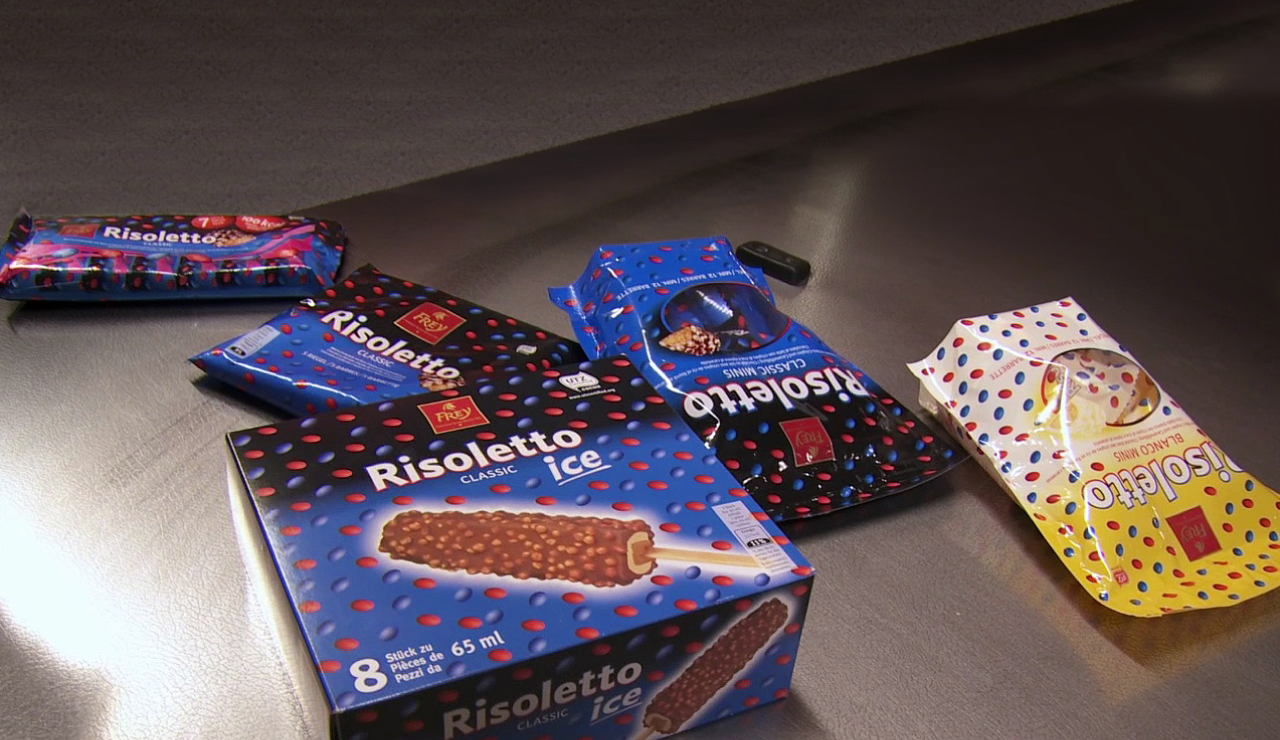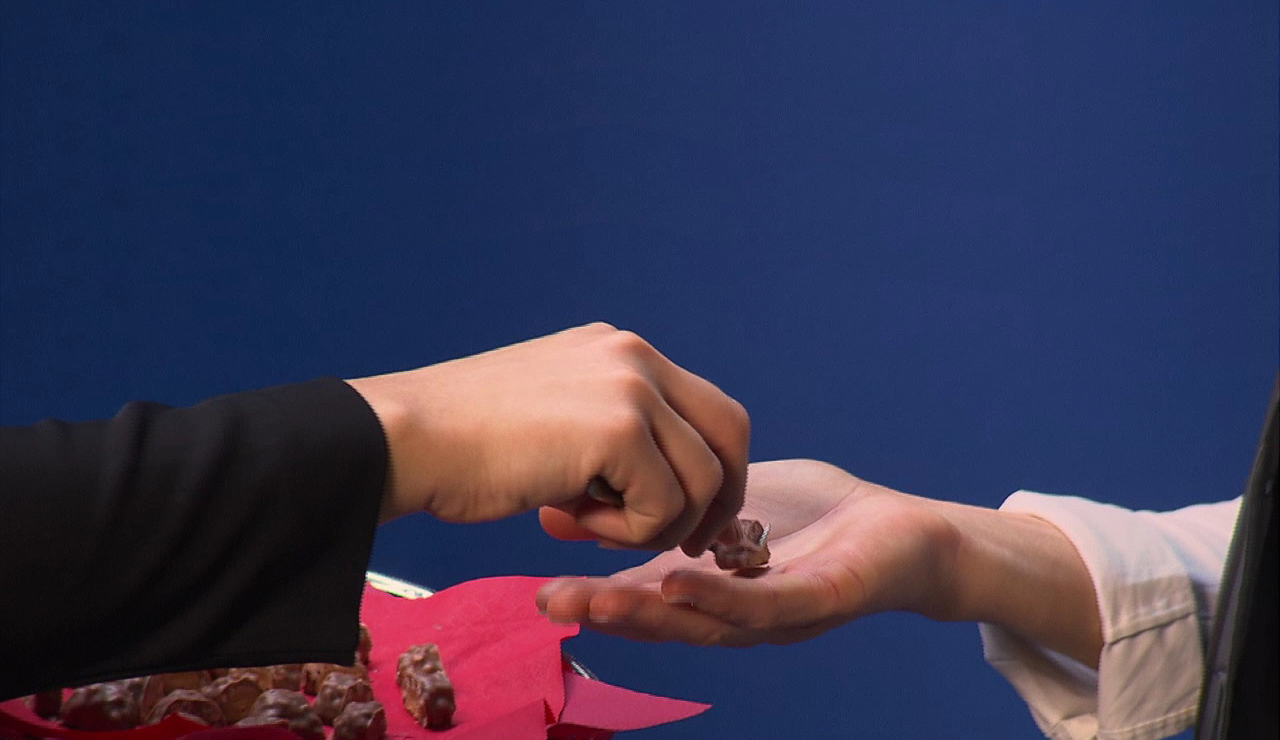On the safe side
Migros does everything possible to ensure that its food and products are safe, and it continuously adapts the corresponding processes to the latest developments. At present, the company is also expanding its Eco standards for pollutant-free textile production.
To guarantee that its foods are perfectly safe, the Migros Group abides by the Global Food Safety Initiative (GFSI). Most domestic and foreign suppliers of processed foods are certified according to a standard recognised by the GFSI, as are the company's own industrial enterprises. The implementation rate has been around 95% for several years. Migros also has its food products monitored on a continuous basis. Swiss Quality Testing Services (SQTS) subjects the products to risk-based tests as part of self-regulation. In 2013 Migros conducted a total of 20'000 product tests; 14 products had to be recalled due to deficiencies.
Guaranteed traceability
Long value-added chains often lead to complex processes and increase the number of suppliers and sub-suppliers. Thanks to Migros' own industry, the company has unique control of its product range. To ensure that the procured products can be traced, Migros maintains a database of around 11'000 suppliers and producers that supply the Migros Group with products. This number is increasing consistently, as is the available information about the supply chain as a whole. The database contains information about the entire value-added chain of the products, from the suppliers right through to the final processing stage. As a result, Migros knows the origin of its products, including processed products with various ingredients from different countries. If required, it is able to rapidly trace which companies have participated in the making of a product.
Environmentally friendly textiles
In order to offer textiles that are guaranteed to have been produced with no harmful chemicals, Migros introduced the Eco standard in 1996, which is now the leading standard in the industry. Eco stands for environmentally friendly textile production and healthy working conditions. These requirements already apply for around 70% of Migros clothes. By the end of 2017, all own brand textiles will be produced fully in accordance with the Eco standard. As a pioneer in the area of clean clothes, the company is thereby already implementing what Greenpeace is demanding in its Detox campaign: textile production without critical substances.
Migros helps its suppliers to produce products in accordance with the Eco standard and is expanding its pool of suppliers. At the same time, it ensures that its standard is up to date and takes into account new groups of chemicals on a continuous basis. The Eco programme also involves training and educating suppliers. To this end, workshops were held in Gurgaon (India), Hong Kong, Shanghai and Zurich in 2013, with more than 300 people attending.
Clear rules for advertising
In mid-2013 the Federation of Migros Cooperatives (FMC) agreed principles for responsible marketing communications. The policy applies to supermarkets, specialist markets, Migros catering as well as the FMC and the regional cooperatives. With the new principles, Migros is ensuring that marketing communications between the company and its customers are fair and respectful. The aim is to avoid discrimination and misleading information. In particular, how children are used in advertising is regulated in detail. For example, Migros does not address children directly with wordings such as «Collect now» or «Get...» for advertising purposes.


